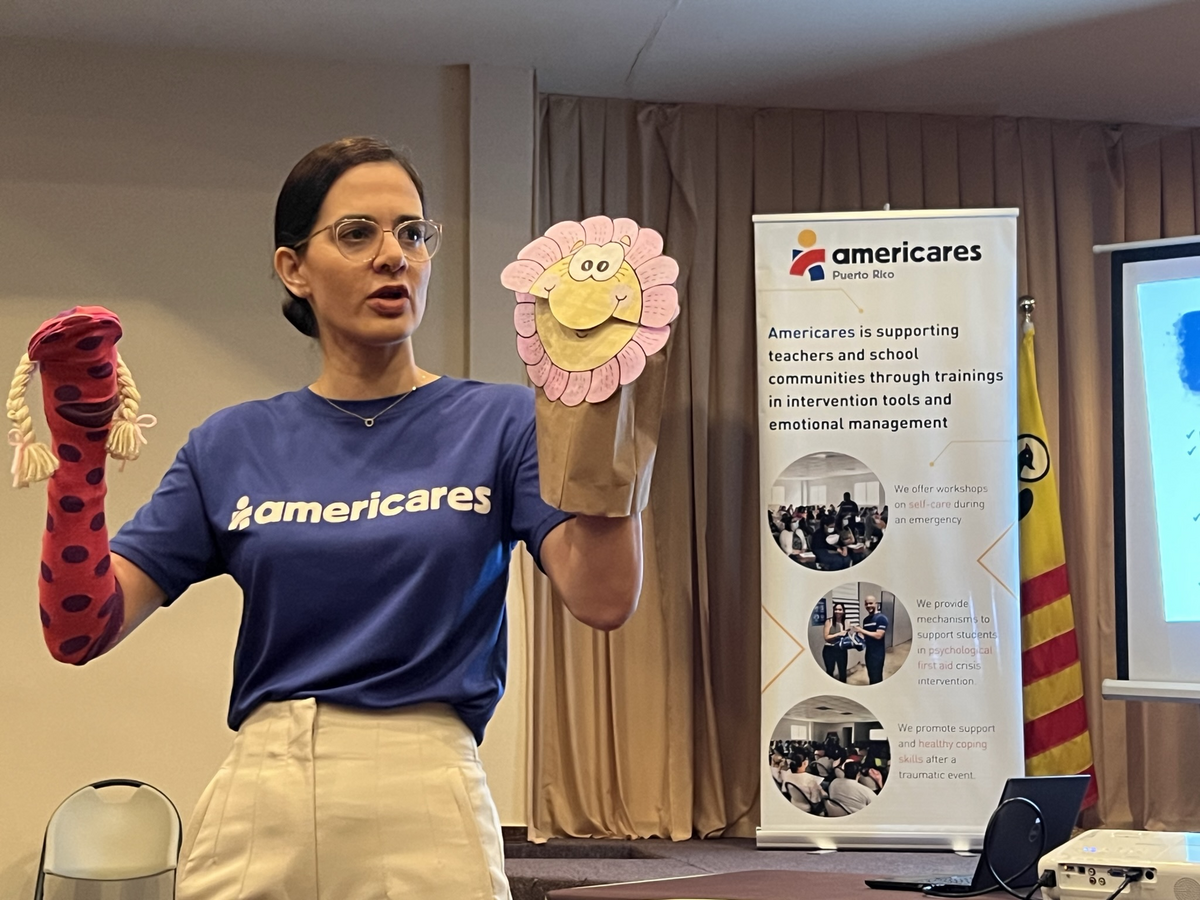
Crisis-ready: How Americares helps your employees prepare for disasters
From natural disasters to mental health struggles, no one wants to face hardships in their life, but it’s best to be prepared in case of crisis. Many companies create crisis plans for their businesses, plotting out how they’ll respond to disasters, negative press, or
